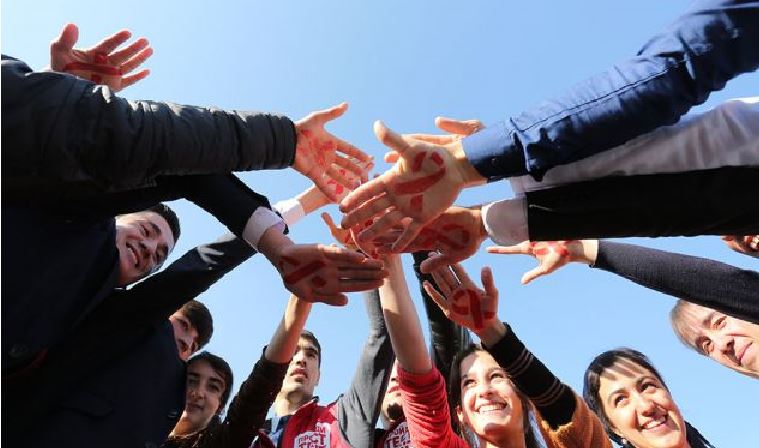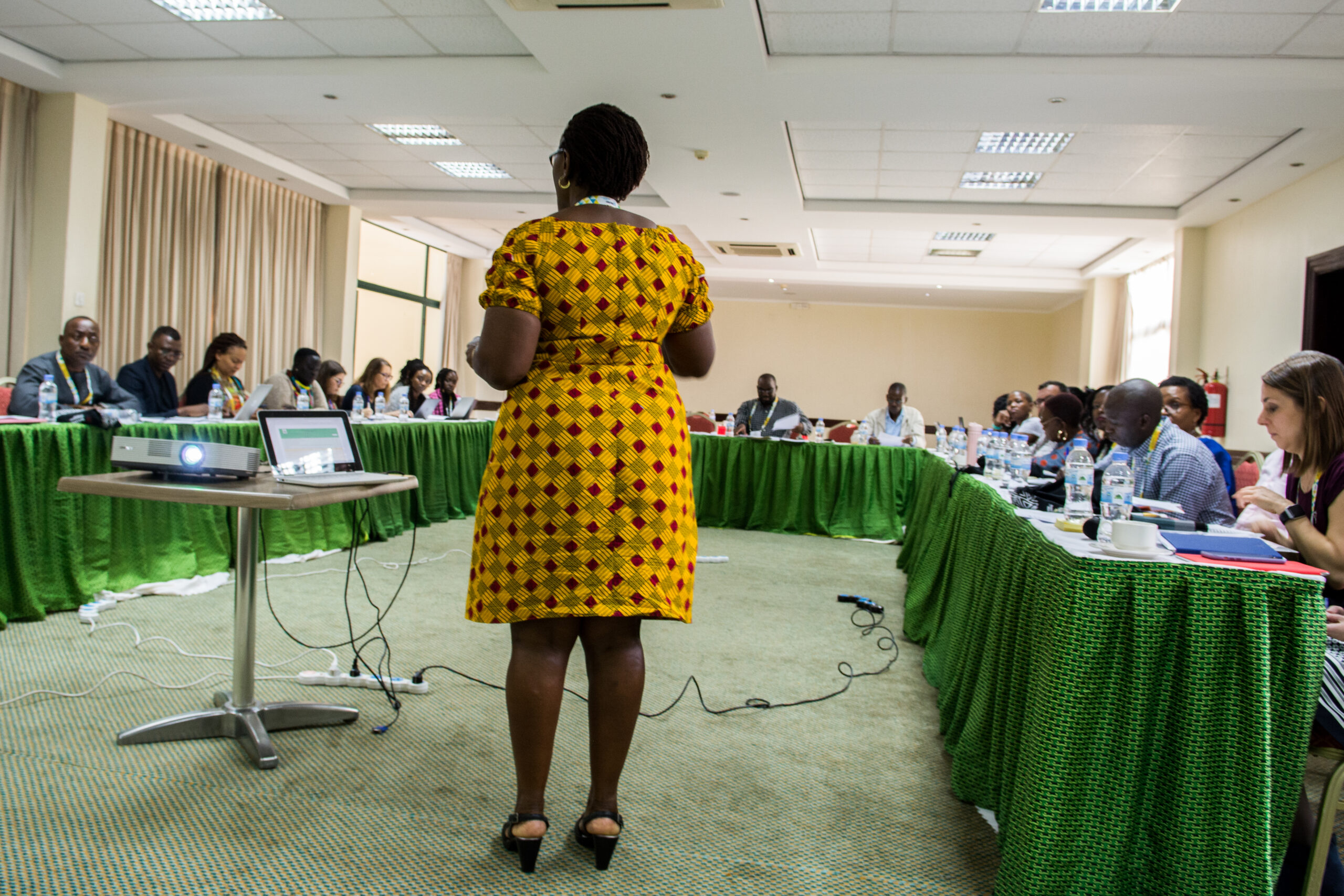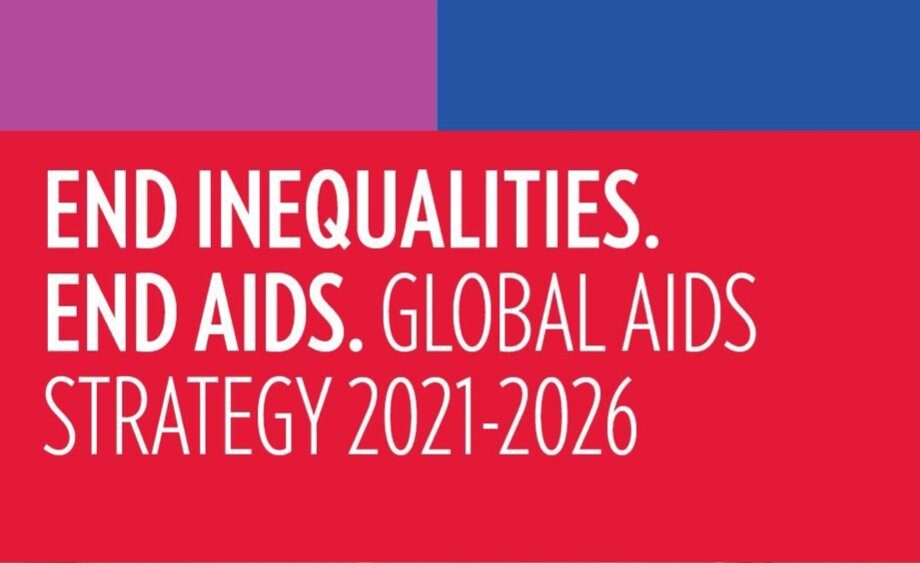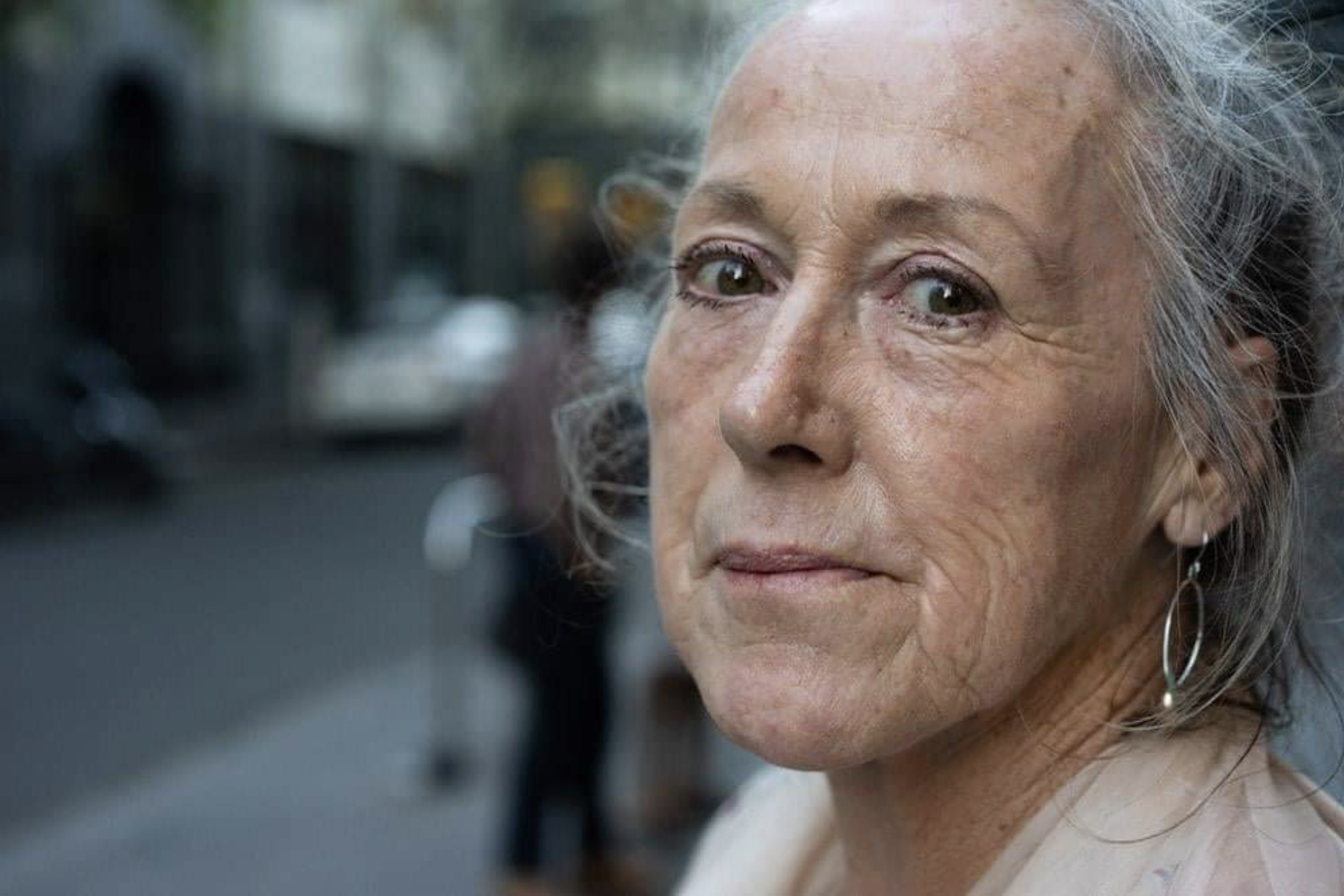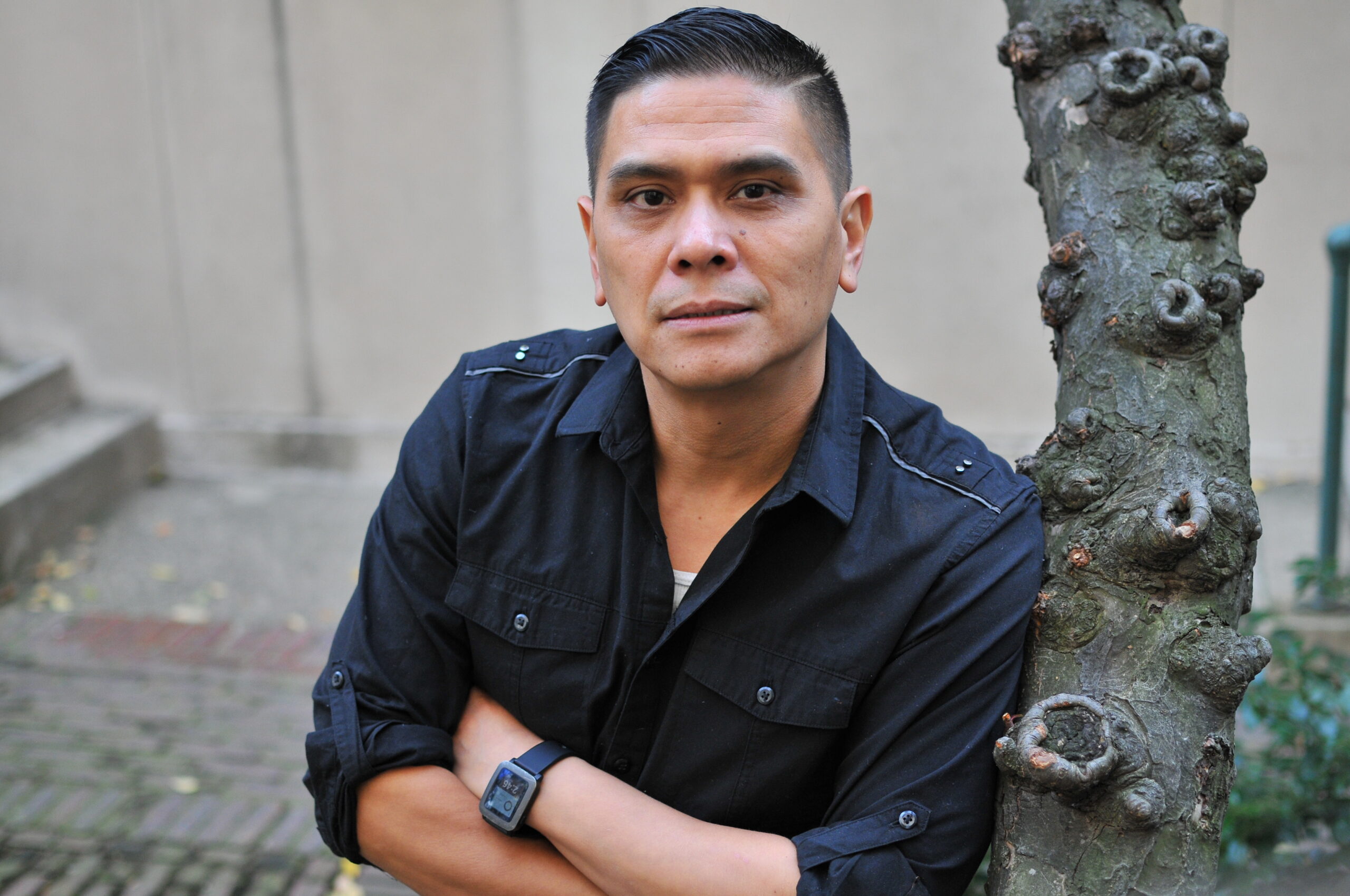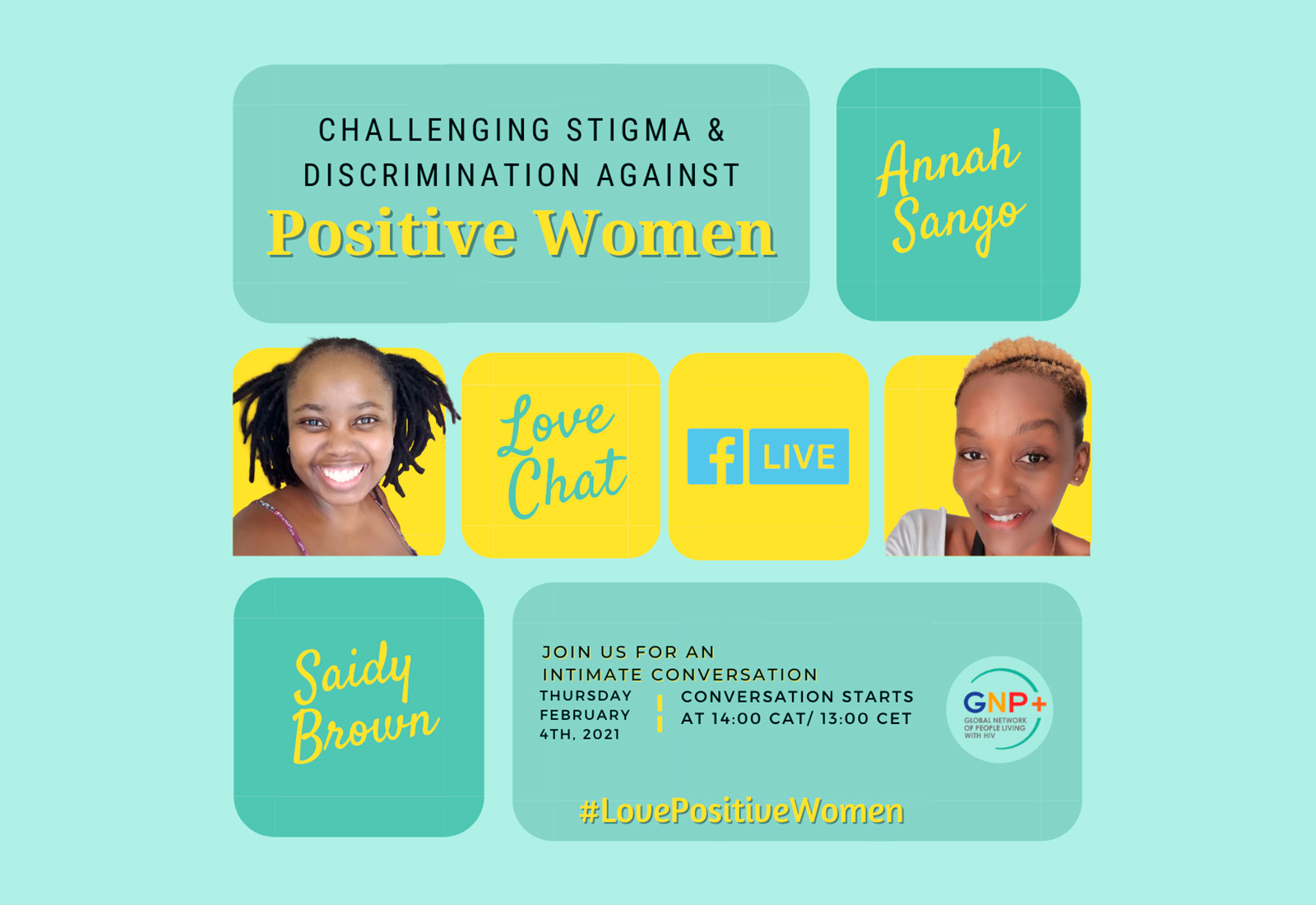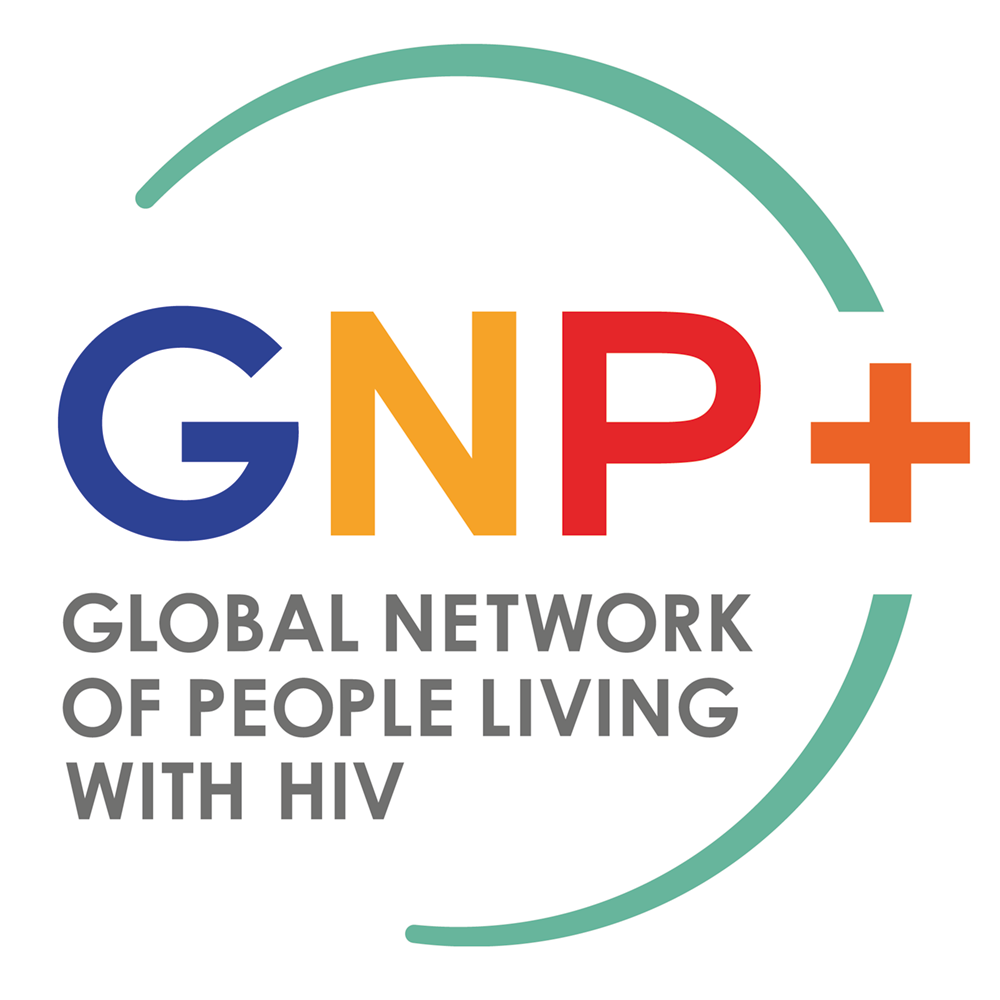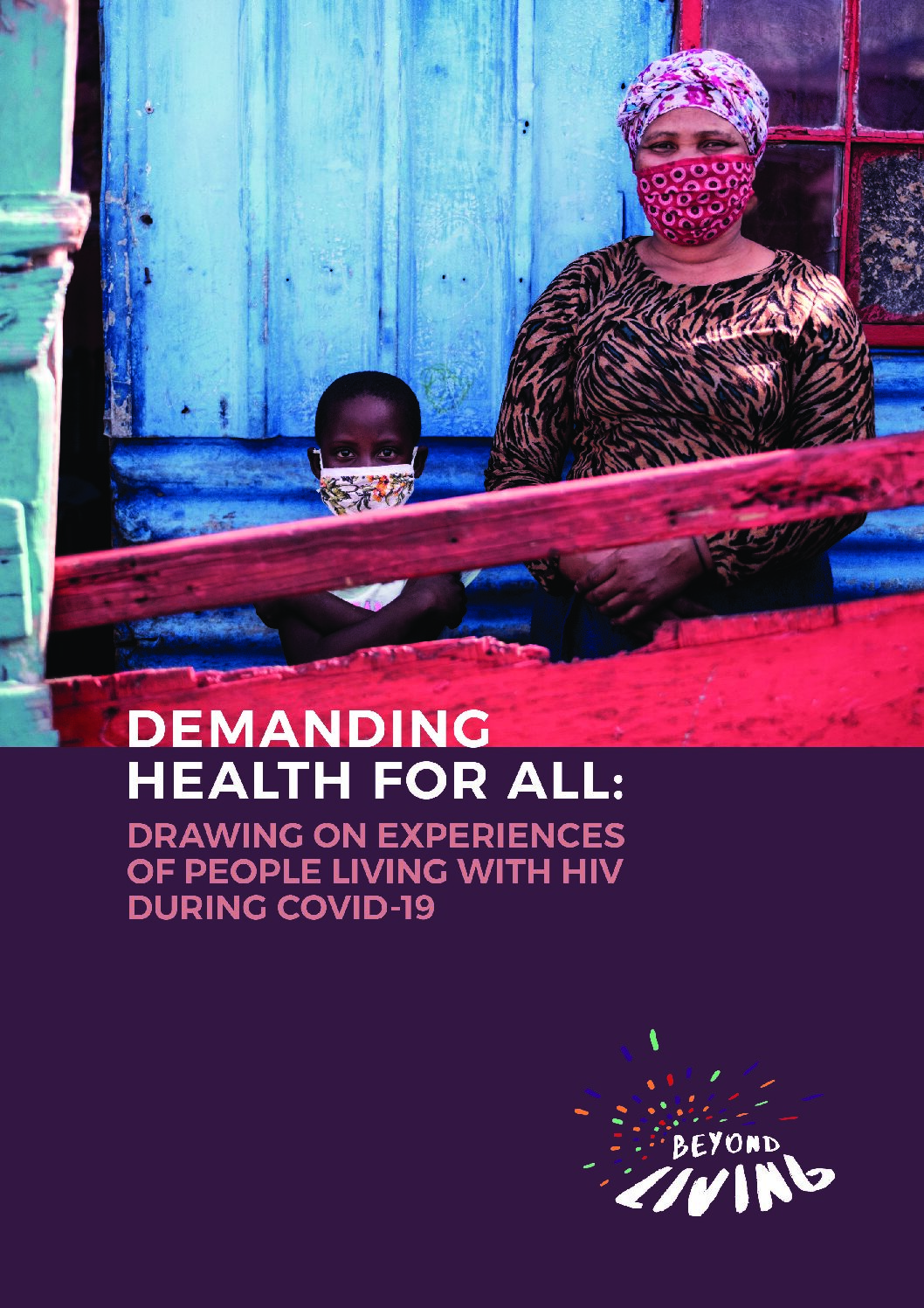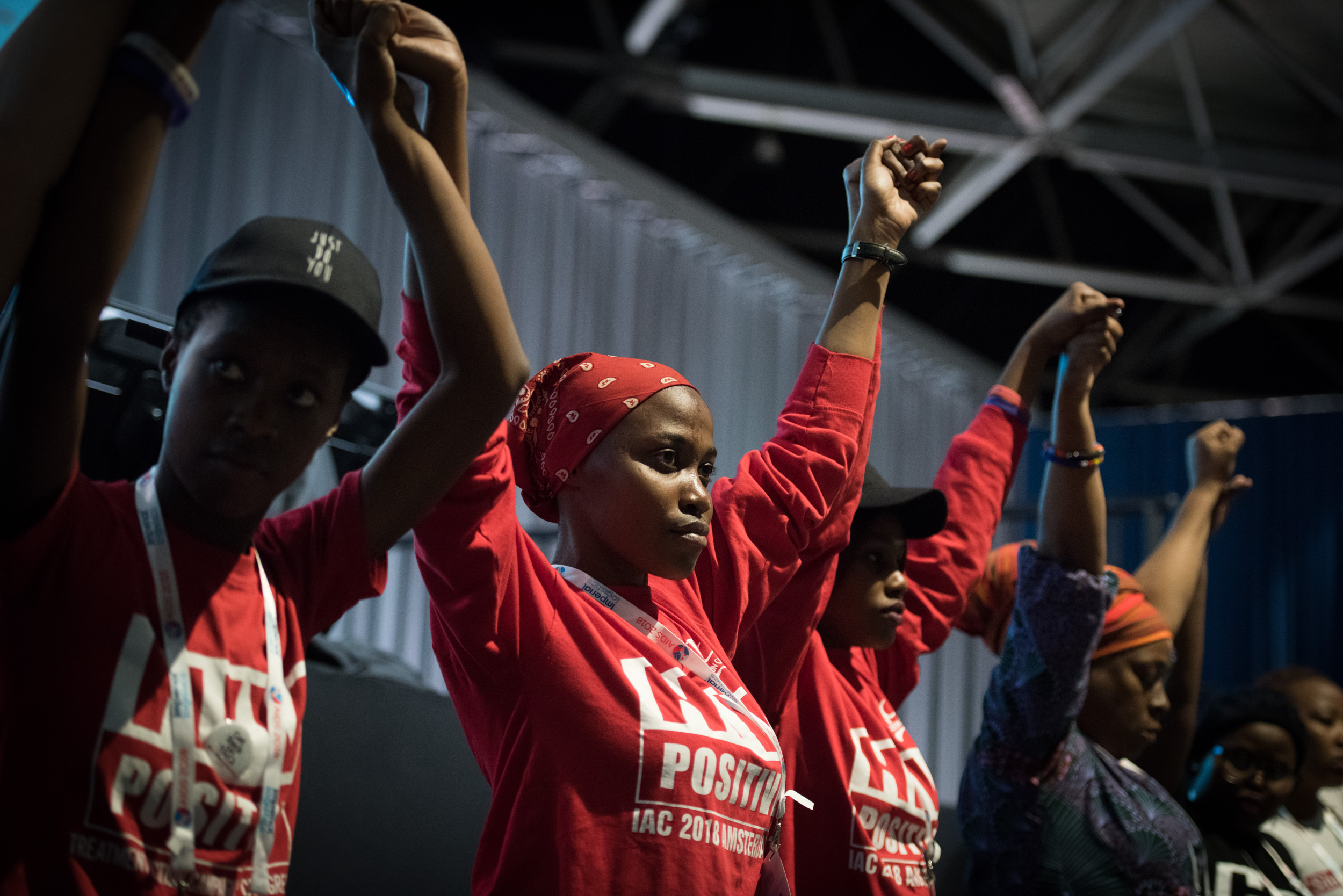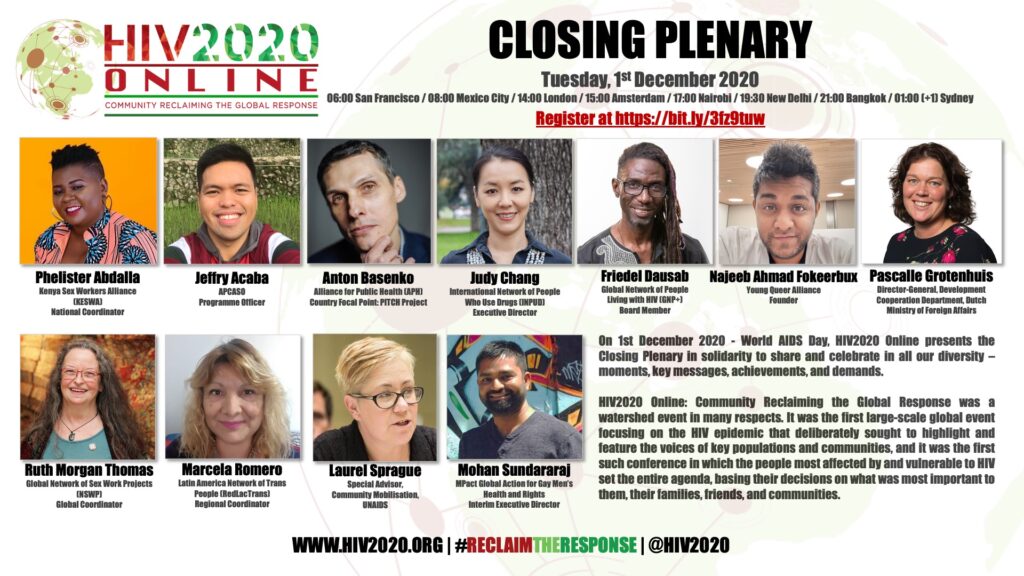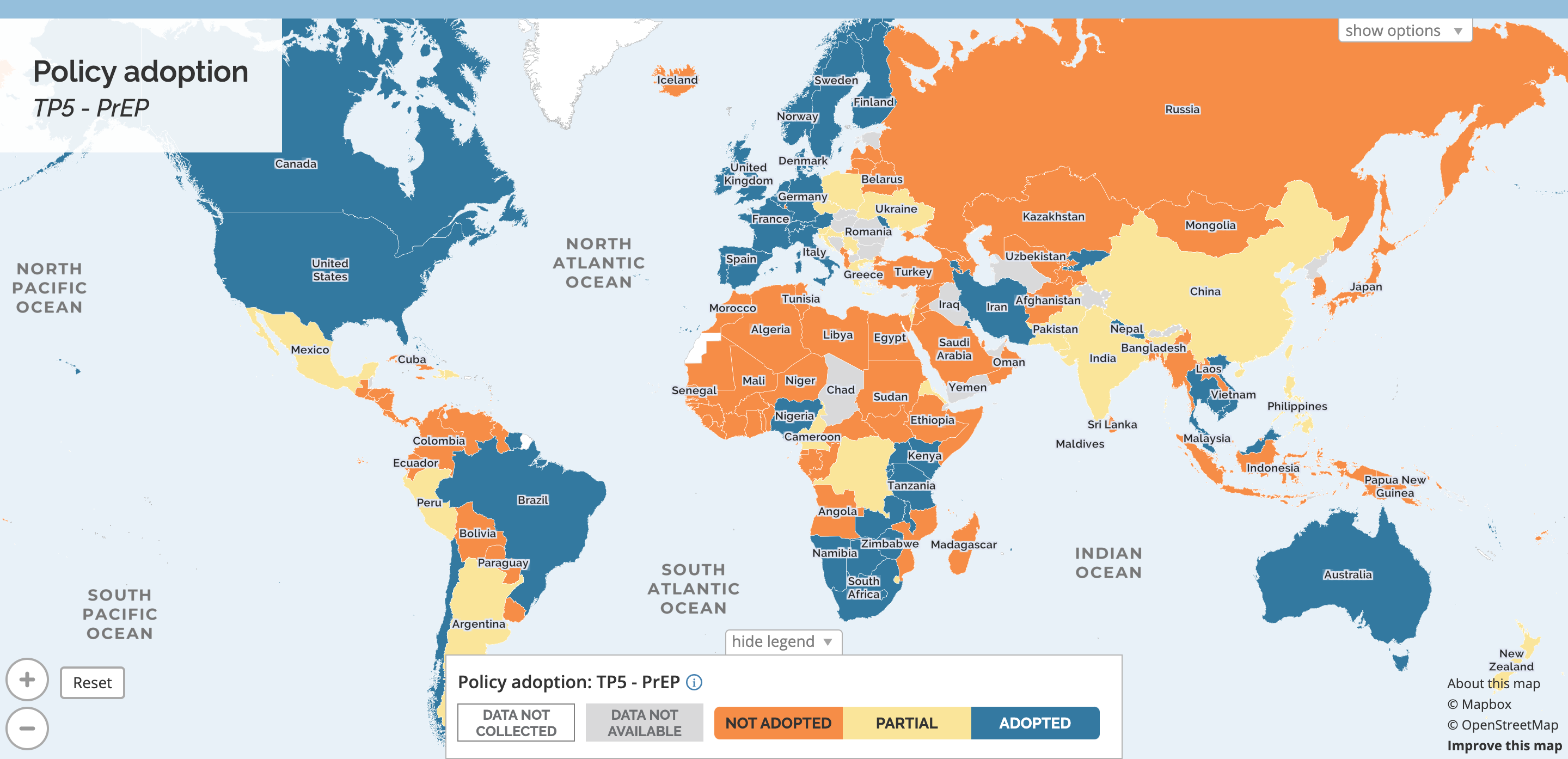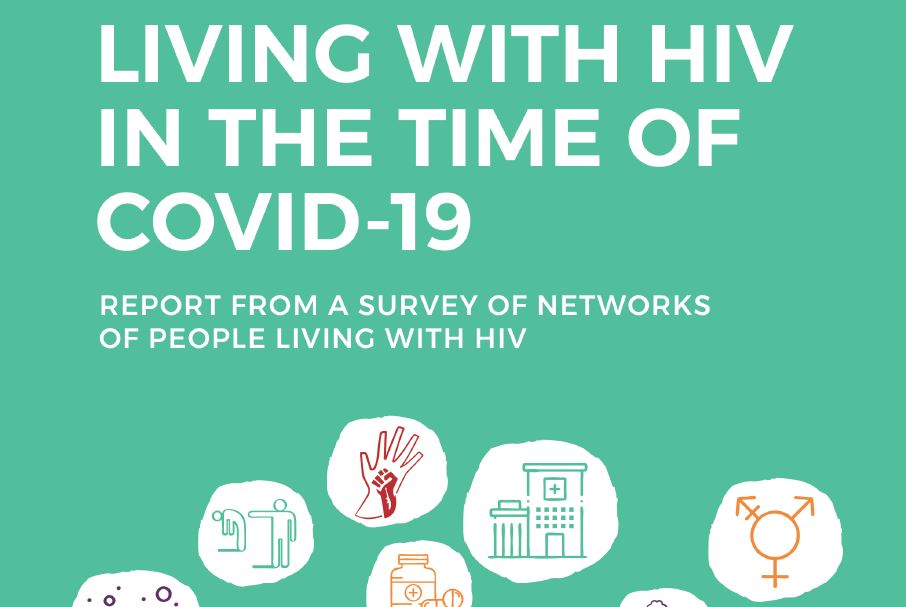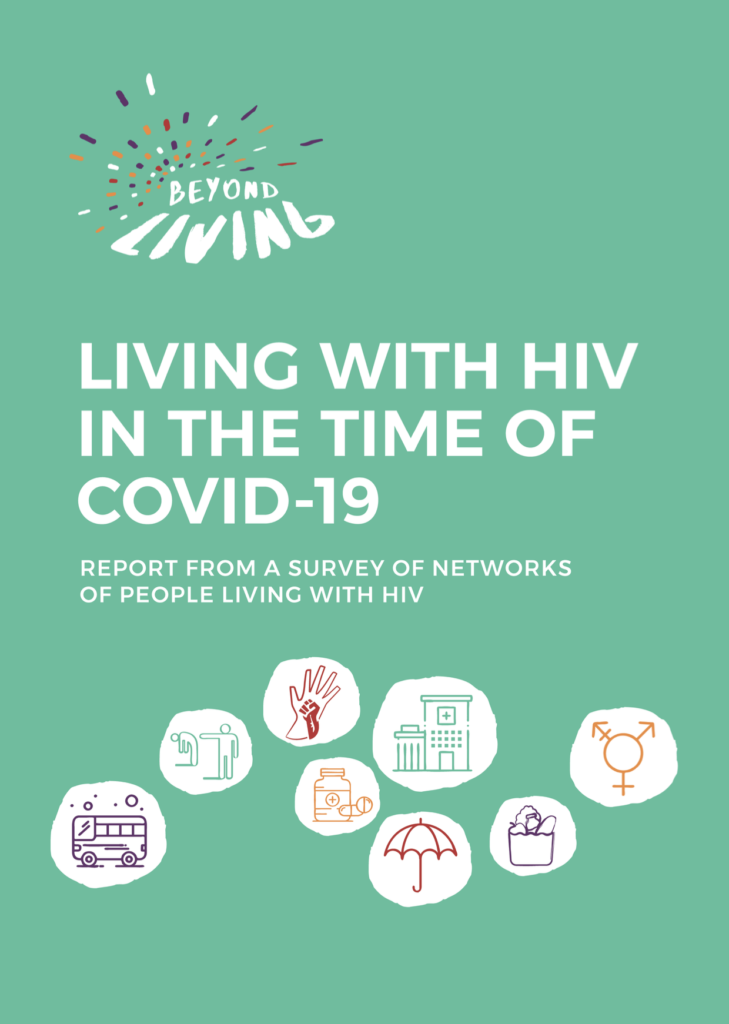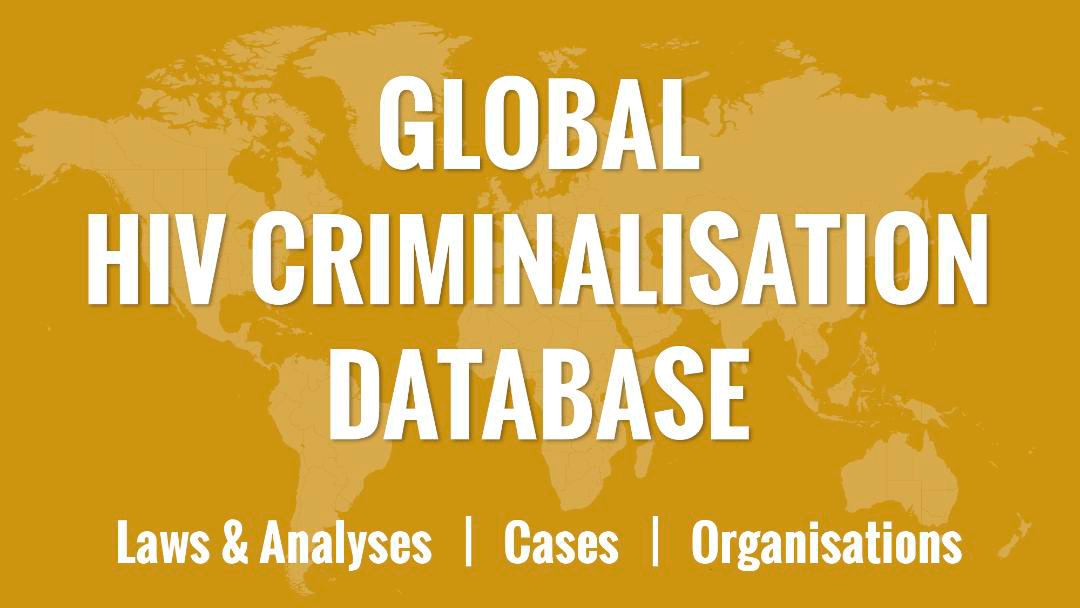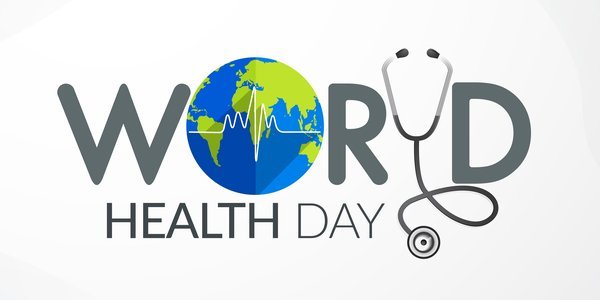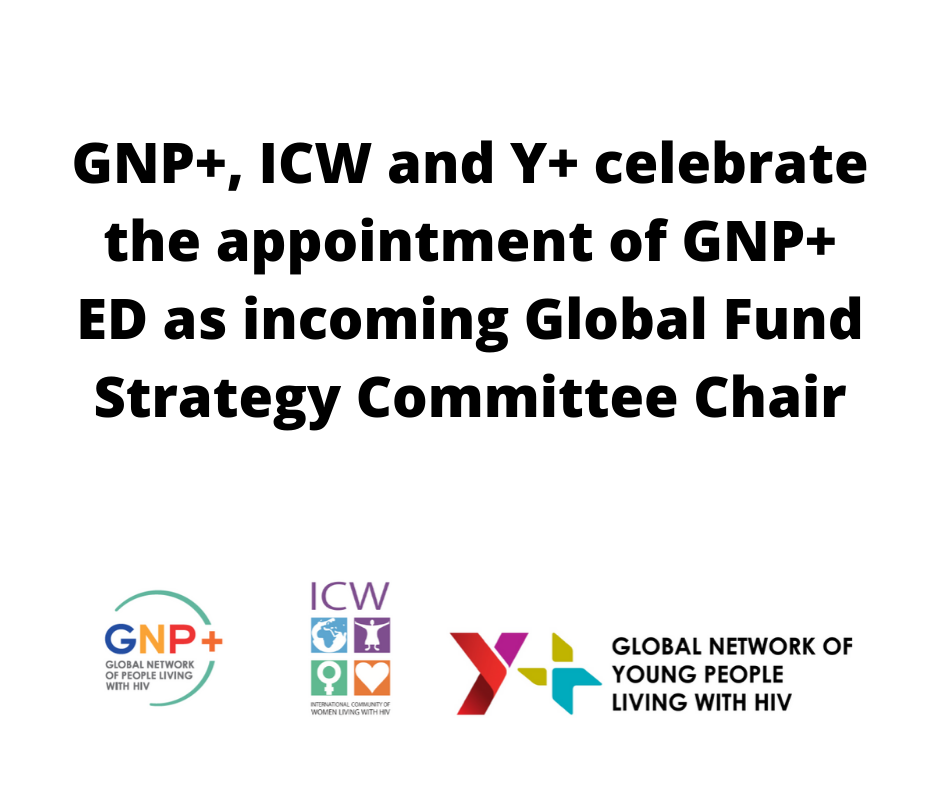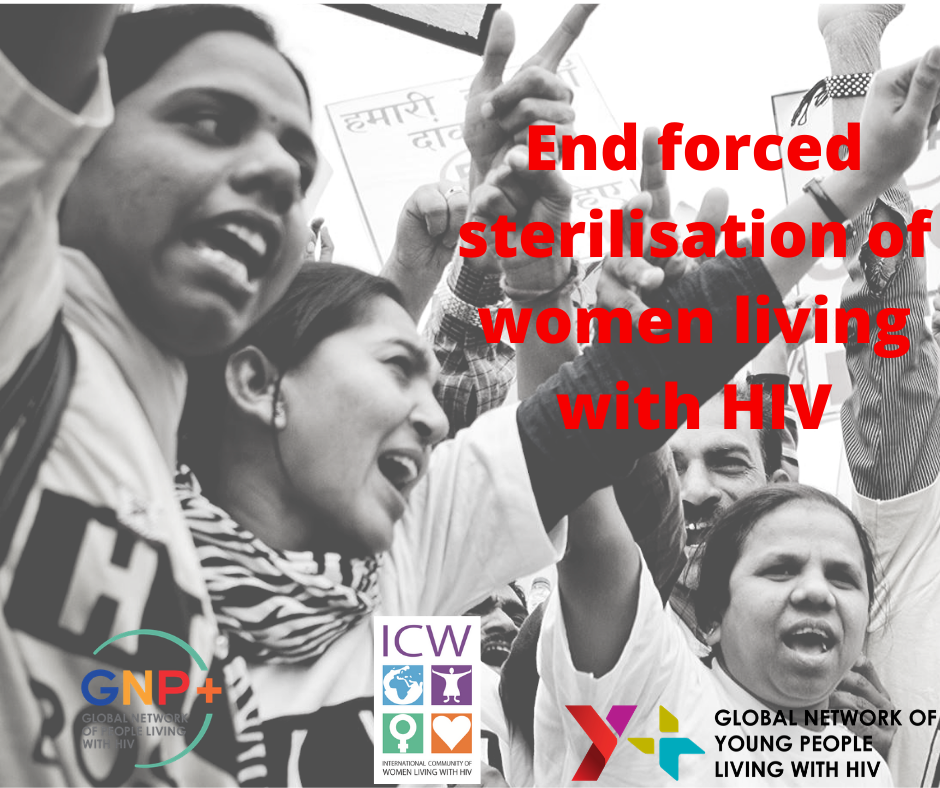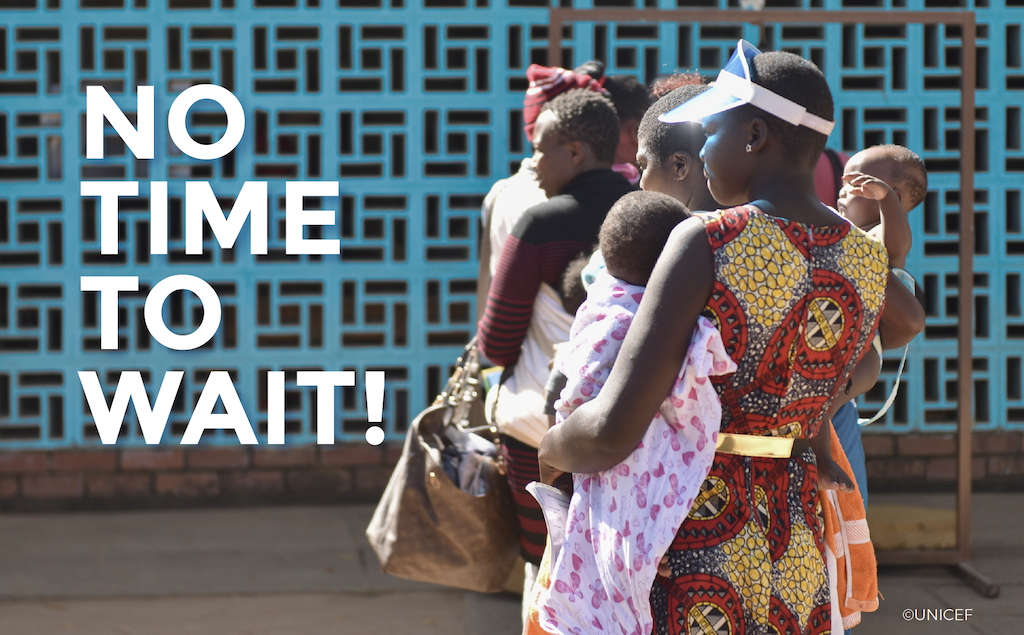The winds of change are blowing through GNP+. We want to drive accountability and inclusivity within our organisation, and where better to start than our Executive Leadership. We are looking for a new Executive Director or Co-Directors to share the role and lead us on the next part of our journey.
“Shared leadership is becoming more common in the not for profit sector it can encourage accountability, collaboration, evidence-based decision making and sustainability” explains Jordan Stevenson, the GNP+ Human Resources Manager.
There is a buzz of excitement around the idea at GNP+, with several staff and board members involved in the recruitment process sharing their thoughts.
Jacquelyne Alesi, the Chair of the GNP+ Board says, “when role-share was first suggested as an alternative model of leadership I had questions – will this be efficient, what about egos, will it cause confusion with external representation? However, having looked at the idea in more detail I now see co-leadership through a new lens of mutual accountability, flexibility, and support – all central to a feminist leadership model.”
What does this mean for GNP+?
It means that we are open to new ways of working and supporting new leaders to emerge. “If the role is shared between two people this will be a first for GNP+, another innovation to add to our organisation’s rich history” adds Flavia Kyomukama, a GNP+ Board Member and a member of the recruitment committee.
As with any leadership model, the reality of shared leadership could bring benefits and challenges with it, including how to share responsibilities. Saima Jiwan, a member of the recruitment committee says she can see how a job share could work, “If they mark out clearly defined roles, both Executive Directors should be accountable to each other as well as having a shared sense of accountability with the rest of the GNP+ team.”
Cedric Nininahazwe, another member of the recruitment committee has first-hand experience: “Co-Leadership isn’t actually brand new to me as Y+ Global has had co-chairs in the past and it worked well. You have to work out the practical details but these things don’t make or break a boat. My interactions were usually limited to one of the co-chairs, but this is one of the “ways of working” within a co-leadership model.”
As Flavia Kyomukama, Board Member and member of the recruitment committee says, “what matters most is that we end up with a leader, or leaders, that can strategically drive GNP+ to new heights.”
What this means for our sector
It is our responsibility as GNP+ to do all we can to be diverse and inclusive and to stay true to the GIPA principle – the Greater Involvement of People Living with HIV/AIDS – on which we are founded.
Ours is a small sector and opportunities for community members to take on leadership roles are rare. We hope that opening up to the possibility of a role share creates more opportunities for the community. By making it possible for two individuals with talents that complement each other to apply, we are creating a bridge for regional and national community leaders to move up to global leadership. We want to enable community members who might otherwise not consider applying to take that step together with someone.
“One of the most valuable lessons we have learned as a Board is that we work as a team and we are never alone when GNP+ is faced with challenges. I believe in being open to having a team of Co-Directors we are creating a similar structure of support for our leaders.” Jacquelyne Alesi, Chair of the GNP+ Board.
Sophie Smallwood, Co-founder of Roleshare has held senior positions in management and she echoes this sentiment, “It can be a lonely place. What we want to do is bring the spirit of a team to leadership level.”
Recruitment committee members share that they are looking forward to sustainability in leadership, with Cedric Nininahazwe quipping in to say “the end goal is a feminist model that ensures equity in leadership and responsibility.”
What this means for applicants
The role is open to individual applicants and people interested in job sharing, we are simply looking for the best person, or people, for the job and are keen to spread the net widely. One reason, GNP+ is taking a flexible approach to the recruitment process is to expand the talent pool, as Jordan explains, “we want to see new people with fresh thoughts and new approaches. Leaders of national or regional organisations may be better supported to make the step up to manage an organisation with global reach using a shared leadership model.”
GNP+ has teamed up with an innovative company – Roleshare – to help out. Roleshare supports people to connect, combine skills, and apply for roles together. Roleshare matches people and skills together for roles. Helping companies retain and include overlooked diverse clusters of talent for roles, while also enhancing wellbeing and cross-pollination of skills.
Dave Smallwood, Co-founder of Roleshare explains, “many organisations offer job sharing in theory, but GNP+ is serious about this, they are saying ‘hey, if you want this, we can make it happen’”.
Applicants interested in job sharing are asked to visit the Roleshare website to apply. There they will need to create a profile outlining their experience and skills. They can either apply together with someone they know or apply as an individual and Roleshare can help match them to another candidate. This is why building your profile is so important, so you showcase your skills and help Roleshare to find someone who would work well with you; a bit like a dating website.
So, spread the word, GNP+ is looking for leadership for the future and the clock is ticking. The deadline for applications is 16 April – all the details about how to apply can be found here.


